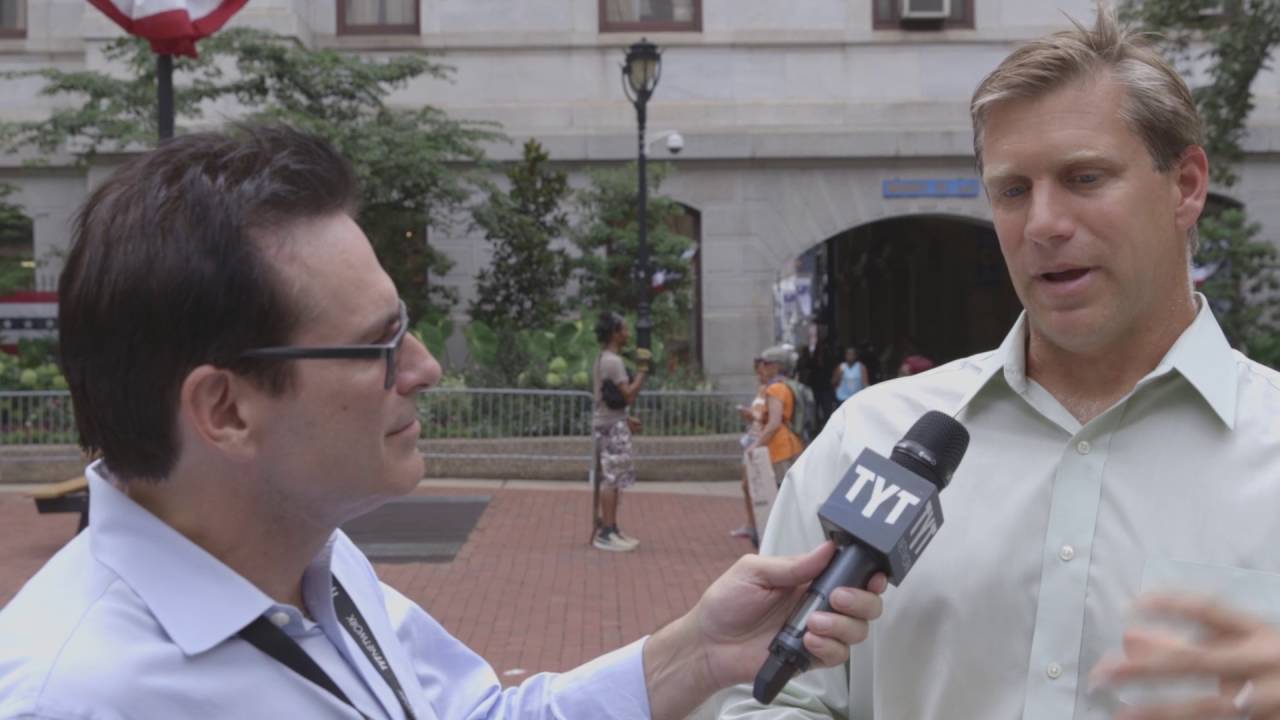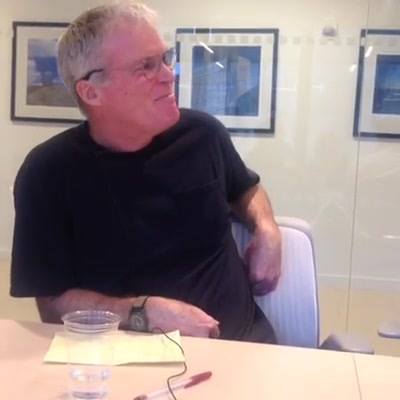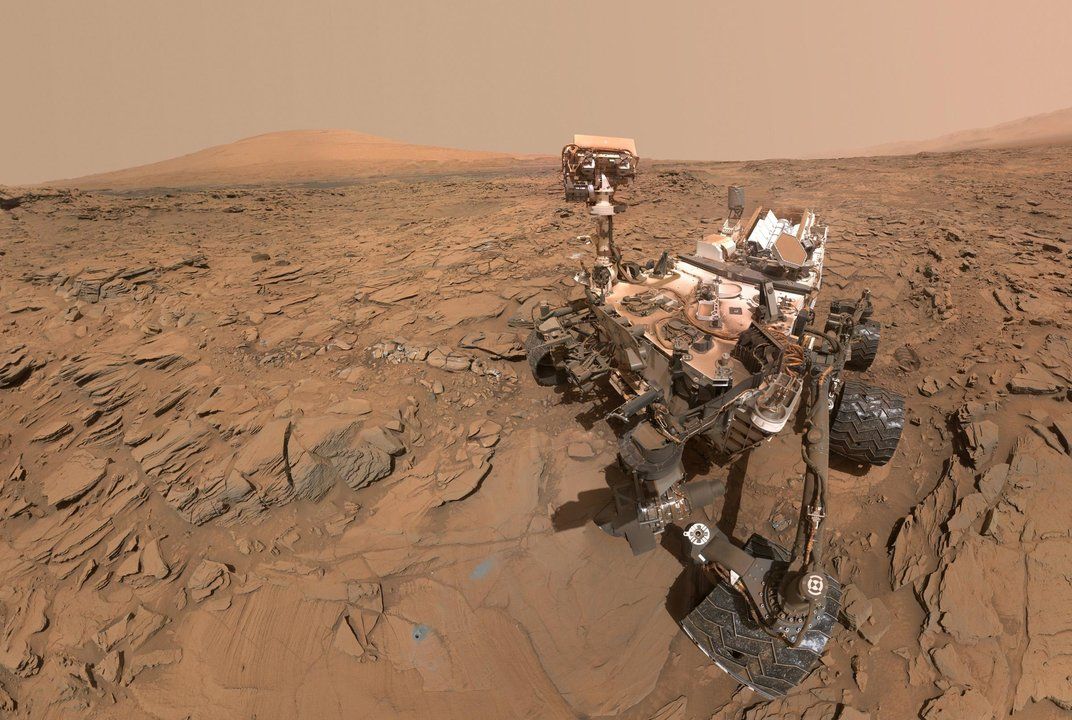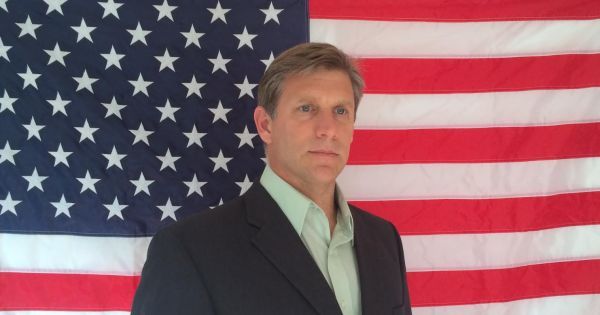Archive for the ‘science’ category: Page 125

It reminds of the medieval knight armor.
Power Armor. A powered exoskeleton with a tough outer shell, coupled with twice the mobility of a normal soldier and the strength of an elephant.
Aug 2, 2016
Bioquark Inc. and RegenerAge SAPI de CV to Collaborate on Clinical Regenerative Healthcare
Posted by Ira S. Pastor in categories: aging, bioengineering, biotech/medical, DNA, health, life extension, neuroscience, posthumanism, science, transhumanism
Philadelphia, PA, USA / Mexico City, Mexico — Bioquark, Inc., (www.bioquark.com) a life sciences company focused on the development of novel bioproducts for complex regeneration, disease reversion, and aging, and RegenerAge SAPI de CV, (www.regenerage.clinic/en/) a clinical company focused on translational therapeutic applications of a range of regenerative and rejuvenation healthcare interventions, have announced a collaboration to focus on novel combinatorial approaches in human disease and wellness. SGR-Especializada (http://www.sgr-especializada.com/), regulatory experts in the Latin American healthcare market, assisted in the relationship.
“We are very excited about this collaboration with RegenerAge SAPI de CV,” said Ira S. Pastor, CEO, Bioquark Inc. “The natural synergy of our cellular and biologic to applications of regenerative and rejuvenative medicine will make for novel and transformational opportunities in a range of degenerative disorders.”
As we close in on $7 trillion in total annual health care expenditures around the globe ($1 trillion spent on pharmaceutical products; $200 billion on new R&D), we are simultaneously witnessing a paradoxical rise in the prevalence of all chronic degenerative diseases responsible for human suffering and death.
Jul 31, 2016
Lab 2.0: Will Computers Replace Experimental Science?
Posted by Karen Hurst in categories: chemistry, computing, mobile phones, physics, science, solar power, sustainability

We spend our lives surrounded by hi-tech materials and chemicals that make our batteries, solar cells and mobile phones work. But developing new technologies requires time-consuming, expensive and even dangerous experiments.
Luckily we now have a secret weapon that allows us to save time, money and risk by avoiding some of these experiments: computers.
Continue reading “Lab 2.0: Will Computers Replace Experimental Science?” »
Jul 30, 2016
History, Travel, Arts, Science, People, Places
Posted by Matthew Holt in categories: science, space
The methane seems to bloom in the Martian summers when the atmosphere is viewed with spectrography lenses on powerful telescopes I read once. Which always made me wonder if there’s algae of some form in the subsoil.
Scientists are getting closer to solving one of the biggest Martian mysteries.
Jul 29, 2016
The U.S. Presidential Candidate Who Loves Science, Technology, And…Immortality?
Posted by Zoltan Istvan in categories: biotech/medical, cyborgs, geopolitics, health, life extension, science, transhumanism
A new story with lots of transhumanism in it:
Zoltan Istvan is in the running for President of the United States. You may not have heard of him, but if elected, he hopes to put an end to death. All of it. (Yes, seriously).
There are people right now walking around with artificial hearts – something that many people believed would not happen for another decade (or even longer). There are quadriplegics no longer bound to a wheelchair, but walk with exoskeleton technology. There are hundreds of thousands of people with brain implants that help them with various ailments. In short, recent technological breakthroughs like these open up the possibility for humans to enhance themselves and their health—and perhaps to even become immortal (someday).
Continue reading “The U.S. Presidential Candidate Who Loves Science, Technology, And…Immortality?” »
Jul 28, 2016
White House’s “ADVANCING QUANTUM INFORMATION SCIENCE: NATIONAL CHALLENGES AND OPPORTUNITIES”
Posted by Karen Hurst in categories: government, internet, quantum physics, science
Nice paper on QC from the Obama Administration. While reading this paper; I also kept in mind why the US, Europe, Canada, etc. all must accelerate our efforts on QC which is government backed hackers in China, etc. especially since China will have a Quantum Internet and have also accelerated their efforts on QC with their partnership with Australia’s QC efforts which many discoveries on QC has happened.
Jul 28, 2016
How science could help cyclists to keep pedalling for longer
Posted by Karen Hurst in categories: energy, food, military, science
Nice.
Elite endurance athletes could be able to keep going for longer thanks to a new drink developed to give soldiers extra energy in battle, a study using former Olympians has found.
Scientists found that cyclists using the drink, which temporarily switches the body’s energy source from glucose to ketones, could travel an extra quarter of a mile than those taking a different energy supplement.
Continue reading “How science could help cyclists to keep pedalling for longer” »
Jul 27, 2016
A stunning prediction of climate science — and basic physics — may now be coming true
Posted by Sean Brazell in categories: climatology, physics, science
NASA researchers suggest sea levels may be plunging around Greenland because of ice loss and a resulting decline in gravitational pull.
Jul 27, 2016
The Pro-Science Presidential Candidate
Posted by Zoltan Istvan in categories: geopolitics, science, transhumanism

A 6-min interview on transhumanism with The Young Turks from the Democratic National Convention in Philadelphia:
TYT’s Jimmy Dore spoke with Zoltan Istvan, the Transhumanist candidate for President of the United States. Istvan touched on the importance of scientific advancement in American politics, and discussed the unique aspects of the Transhumanist Party.














